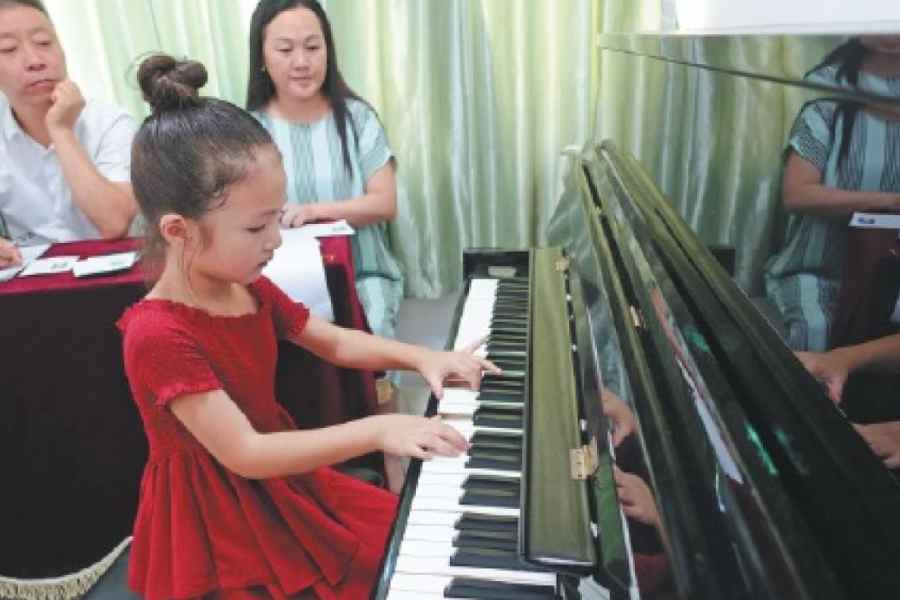It was something we looked forward to — the sound of a piano floating through the neighbourhood in the afternoons. It never occurred to us to wonder whether the little girl who stayed in the house opposite ours was playing the piano out of joy or because she had no choice. The house we had rented had a piano too; we assumed it was the norm in China for those who could afford it.
But the story of Lang Lang, the Chinese pianist, who was among the few artists chosen to play for Barack Obama when the then president of the United States of America received the Nobel Prize for Peace in 2009, disproved that myth. Lang Lang’s story revealed that parental ambition in China cuts across classes when it comes to children mastering the piano. As a child, Lang was taken to Beijing by his ambitious father to learn the piano while his mother stayed back in their hometown to support the family. In a cramped room with a shared toilet and bath and with little substantial food, Lang was put to the grind while pining for his mother. His father’s extreme reaction to a discouraging remark made by his teacher was the last straw; he could no longer bear to play, he hated the instrument itself. Later, he discovered that he loved it, only by chance, when his classmates urged him to play.
That pressure is finally easing off. Between 2017-2020, more pianos were sold in China than in the US. But by the end of 2022, 30% of piano stores and schools had shut shop. Interestingly, though, the top international brand, Steinway & Sons, continues to have a thriving market in China. What caused this change? The reasons for the shift show how unnatural the craze for the piano was. It had nothing to do with a love for music. In 2008, to encourage students to cultivate skills other than studies, middle school students proficient in piano and sports started getting extra marks in the high school entrance exam. So parents started enrolling their children for piano lessons, even while they were in kindergarten. But this policy was stopped in 2018.
A fundamental change in school policy in 2021 dealt another blow to the piano craze. Alarmed by the toll taken by academic pressure, the government banned private coaching on weekdays. Instead, school schedules were changed so that students could finish their homework in school itself and stay there till late. But this didn’t take away the pressure; it only shifted it to the weekends and ate into the time available for extra-curricular activities.
The first change in policy completely devalued learning the piano. The second made it difficult for all but the most dedicated to pursue piano lessons. But a third factor has also led to the new low being witnessed today: the worsening economic condition of the middle class. Piano lessons are now seen as too expensive; in the metros, they cost 300 yuan (about Rs 3,500) an hour. Homes big enough to accommodate a piano are also going out of reach. The first thing parents look for in a home is its proximity to a top school; in the metros, homes in school neighbourhoods are always more expensive.
Parents thus have suddenly become more understanding when their children show a reluctance to spend their precious time on piano lessons. It’s finally being acknowledged by parents that once children complete the final piano exam, they never go back to playing. Parents are now willing to sell their pianos even at rock-bottom prices. The ‘King of Instruments’, as pianos are known in China, is dead.










